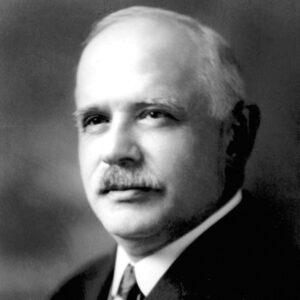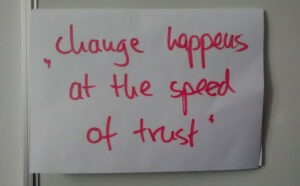January 22, 2011; Source: The News (Pakistan) | When the foreign press meets Bill Gates in his philanthropic garb, the questions aren't softballs like he typically gets from the American press. In this Pakistani interview in The News, Gates talked about the importance of the Pakistani military in promoting the polio vaccination programs that the Bill & Melinda Gates Foundation is funding. The foundation invested $97 million directly, supplemented by funding from other global organizations partly funded by the Gates Foundation.
The military is essential, according to Gates, for vaccination efforts in the Federally Administered Tribal Areas (FATA) in northwest Pakistan adjoining Afghanistan. Gates acknowledged raising the question of access to FATA with Pakistan's president, Asif Ali Zardari, during his recent visit to the U.S. It is an interesting comment; sounding like Zardari's visit with Gates was like visiting a head of state. And in a way, it was.
The Gates Foundation has the asset wealth and annual expenditures of a small country. Gates could talk with Zardari about the restructuring of Pakistan's Ministry of Health like a peer, raising his concern that the transfer of health operations to the provinces might have deleterious effects on the polio vaccination program. At the same time, Gates had to deal with anti-American attitudes, such as the charge that the Foundation-funded polio vaccine is one of a variety of "stealth medicines causing infertility of the Muslim population."
Sign up for our free newsletters
Subscribe to NPQ's newsletters to have our top stories delivered directly to your inbox.
By signing up, you agree to our privacy policy and terms of use, and to receive messages from NPQ and our partners.
Gates responded that the vaccine isn't manufactured in the U.S., but mostly in Indonesia (the world's most populous Muslim nation) with a history of safe use around the world. There probably haven't been many times like this before – perhaps only during the early days of the Green Revolution with the significant roles played by the Ford Foundation and the Rockefeller Foundation when foundations were negotiating with foreign governments.
Indications of increasing social and political instability in Pakistan, not to mention neighboring Afghanistan, put the Gates Foundation in the position of addressing crucial public health issues in a region where conditions make success a tough proposition.—Rick Cohen













